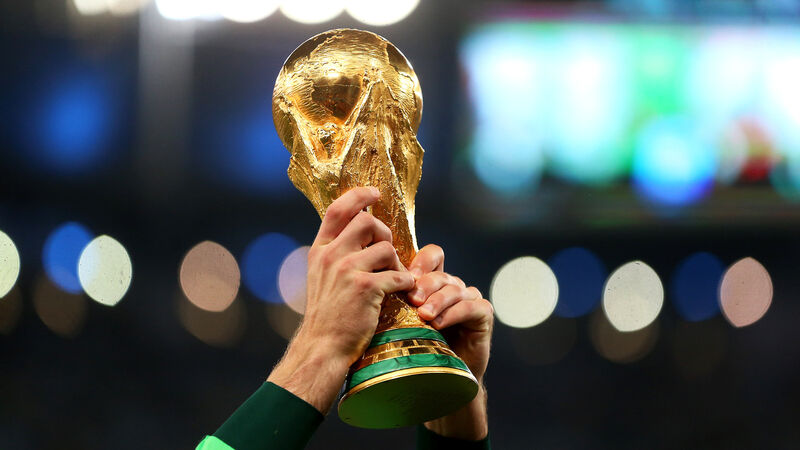FAI urged to pressure Qatar on 'long-standing abuses of migrant workers'

The 2022 World Cup will be held in Qatar.
League of Ireland club Bohemians and Amnesty International Ireland have called on the FAI to put pressure on Fifa and the Qatari authorities “on the long-standing abuses of migrant workers”.
It comes as Ireland are due to face 2022 World Cup hosts Qatar in an international friendly on Tuesday.










